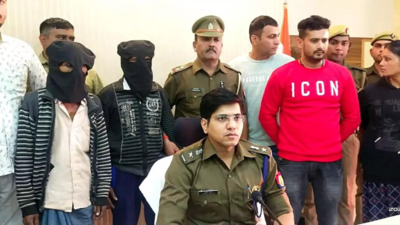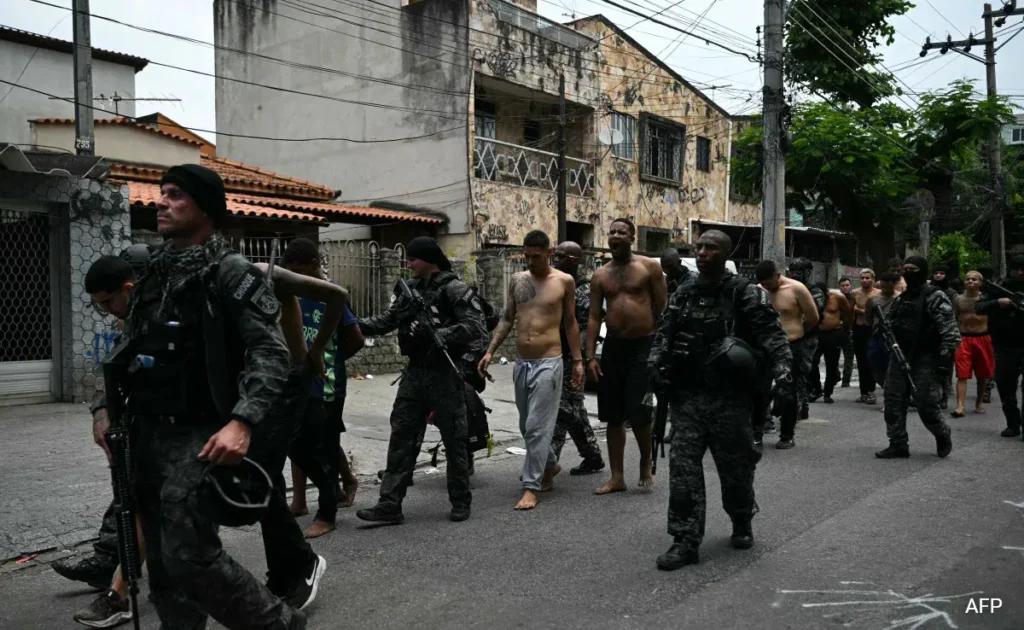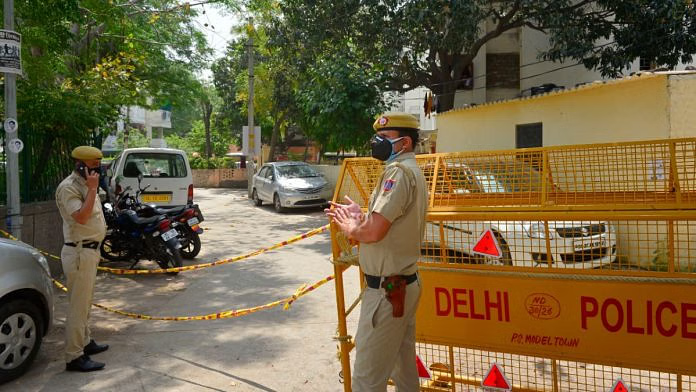Now Reading: Kolkata Shocker: Man Books Room, Kills Wife Within Minutes in Chilling Crime
-
01
Kolkata Shocker: Man Books Room, Kills Wife Within Minutes in Chilling Crime
Kolkata Shocker: Man Books Room, Kills Wife Within Minutes in Chilling Crime

In a disturbing case that has left Kolkata residents stunned, a 38-year-old man allegedly murdered his wife shortly after checking into a guesthouse. The accused, identified as Monojit, reportedly instructed the guard to keep a room ready—just minutes before carrying out the premeditated act. The incident has sparked serious questions around mental health, domestic violence, and safety in urban accommodations.
A Planned Crime in Broad Daylight
The murder occurred at a guesthouse in the heart of Kolkata. According to initial reports, Monojit arrived with his wife and asked the staff to keep the room prepared. Within minutes of settling in, he allegedly killed her and later surrendered himself to the police. The swift nature of the crime has shocked law enforcement officials and locals alike.
Who Was Monojit?
Monojit, said to be dealing with personal and financial troubles, was known to the guesthouse staff and had stayed there earlier. Sources suggest ongoing disputes with his wife, which may have led to the tragic outcome. Investigators are now trying to understand the exact motive and whether there were any previous reports of abuse or threats.
Concerns Over Guesthouse Safety
The ease with which the crime was committed raises serious concerns about safety protocols in lodges and guesthouses. In Tier 2 cities and even metro areas, low-budget accommodations often lack proper security checks, making them vulnerable to such incidents. This case could push authorities to revisit guest registration processes and emergency response measures in such establishments.
Impact on Families and Communities
For many families, especially those in urban middle-class setups, this case serves as a grim reminder of the growing emotional and financial stress that can strain relationships. It also highlights the urgent need for mental health support systems, particularly for couples facing conflict.
Conclusion
The Kolkata guesthouse murder is not just another crime story—it exposes the cracks in our social and emotional frameworks. As police continue their investigation, the focus now shifts to prevention: Can better mental health access, stronger family support, and improved guesthouse vigilance stop such tragedies before they unfold? For citizens across India’s cities, the answer could shape how we view safety inside even the most familiar spaces.

























